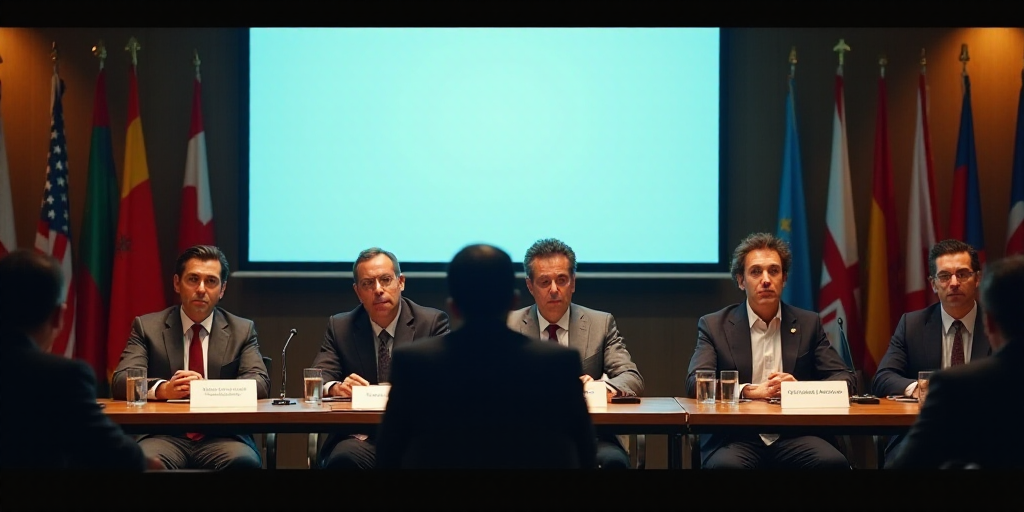Historical Ruling by the Inter-American Court of Human Rights
In a landmark decision, the Inter-American Court of Human Rights has acknowledged caregiving as an autonomous human right under the American Convention on Human Rights. This ruling, found in Opinion Consultive OC-31/25, marks a significant victory for caregiving workers and society at large.
Background on the Importance of Caregiving
Caregiving, whether remunerated or not, is essential to human dignity and should be legally recognized and protected, according to the Court’s decision. This ruling was prompted by a request from Argentina, outlining how governments in the Americas should safeguard the rights of those providing care and those who depend on it.
Court’s Framework for State Responsibilities
The Court’s opinion lays out a clear framework for state responsibilities, ensuring fair labor conditions for remunerated caregivers. These include freedom of association and collective bargaining, addressing unpaid caregiving through comprehensive systems, parental leave, and social security. It also aims to protect those providing unpaid care from social exclusion and ensure access to benefits, allow workers with family responsibilities to exercise their right to work without discrimination, and adopt strategies to protect vulnerable groups like domestic migrant workers.
Role of International Law Fellowship (ILAW) in the Legal Victory
The International Law Fellowship (ILAW), through its global network, played a crucial role in this legal triumph. Jeffrey Vogt, ILAW’s Director, expressed his satisfaction: “We are pleased that the Court emphasized recognizing caregiving, both remunerated and unpaid, as a form of work requiring legal and social protection.” He also highlighted the vital role caregiving plays in ensuring human dignity and societal function.
Collaborative Efforts and Supporting Statements
Together with the International Confederation of Free Trade Unions (ICFTU), ILAW submitted an amicus curiae brief urging the Court to affirm full labor protection for caregiving work. Co-authored by ILAW members Cynthia Benzion, María Paula Lozano, and Alejandra Trujillo, the brief reflects years of commitment by Solidarity Center in advocating for caregivers’ rights.
Chirlene Dos Santos Brito, Secretary of Trade Union Formation at the Brazilian National Federation of Domestic Workers (FENATRAD), emphasized the significance of this recognition: “At the time you are working, we are there to take care of your home and children. Our work enables you to do your job. Society must recognize the value of domestic workers.”
Key Questions and Answers
- What is the significance of this ruling? This decision by the Inter-American Court of Human Rights recognizes caregiving as an autonomous human right, providing a legal framework for states to protect both remunerated and unpaid caregivers.
- Who supported this ruling? The International Law Fellowship (ILAW) and the International Confederation of Free Trade Unions (ICFTU) played crucial roles in advocating for this recognition.
- What does this mean for caregivers? This ruling ensures fair labor conditions, social security, and protection from discrimination for caregivers, both remunerated and unpaid.
- Why is this important for society? Caregiving plays a vital role in maintaining human dignity and ensuring the proper functioning of society.






